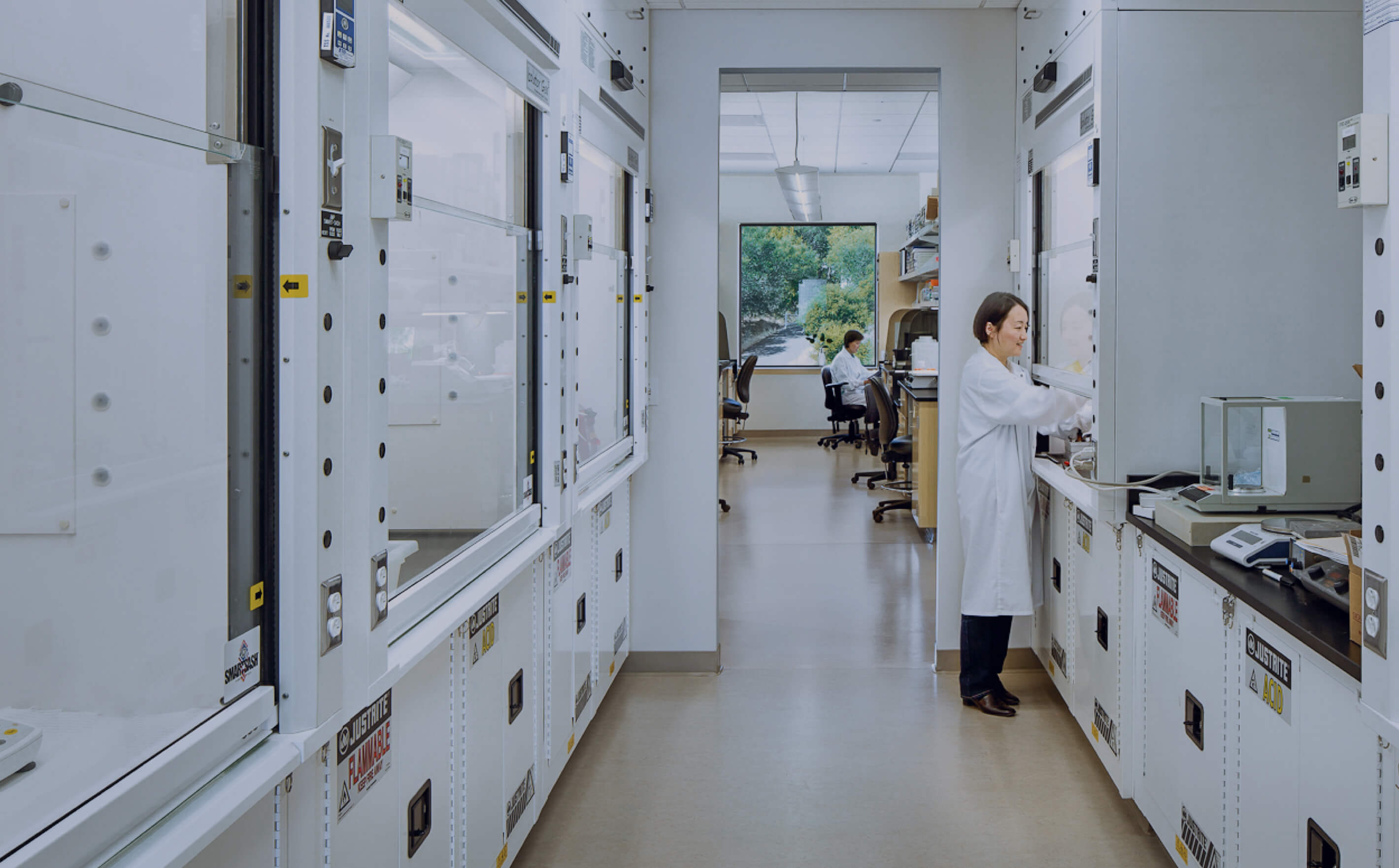
Skyline: Quantitative Proteomics
Drawing from the Bay Area’s deep biotechnology community, the Targeted Proteomics Course features an almost even split between industry participants and those from academic institutions, with participants from several different countries (and continents). With an impressive collection of top-flight instructors and an eager group of participants, it is an intense, collaborative week of discovery and learning on a wide range of targeted proteomic methods and statistical approaches, and even includes a metabolomics section. Feedback from past courses indicates high marks for both the information delivered, as well as the quality of the instructors of the course.
Skyline: A Success in 2019!
Buck Biotech Group (BBG)
The Buck Biotech Group (BBG) is a community of postdocs, graduate students and scientists that focuses on fostering engagement between the Buck Institute and the biotech industry. The mission of the BBG is to empower Buck scientists to navigate partnerships with the biotech industry by exploring pertinent topics including biotech research, entrepreneurship, business practices, consulting, investment, and patent law. BBG aims to support professional development by hosting educational opportunities, conferences, and networking events, thereby furthering our mission of accelerating collaboration between the Buck community and the scientific leaders of the biotech industry.
For more information, contact Kizito-Tshitoko Tshilenge, Ph.D. or BuckBiotech@buckinstitute.org.
Please visit the Buck Biotech Group LinkedIn page for the list of previous and future speakers.
Summer NIA training
Annual Summer Training Course in Experimental Aging Research
i) overview lectures on a pivotal topic in modern aging research; ii) development workshops at which trainees present a research proposal, which will be critiqued by workshop faculty with aging expertise; iii) faculty research talks on selected topics. Faculty includes some of the world’s leading scientists in the aging and longevity research community. NO COURSE FEE. Travel and accommodations will be covered by funds from the National Institute on Aging, and meals will be covered by a grant from the Glenn Foundation for Medical Research.
- Cell fate decisions
- Comparative biology
- Evolutionary biology
- Genome maintenance
- Human aging
- Microbiome
- Model invertebrate organisms
- Mouse models
- Stem cells
- Stress responses
- A Biosketch or CV including publications
- At least one letter of recommendation and
- A one page grant proposal – like abstract outlining a hypothesis and specific aims for a research project you would like to pursue. The course provides expert feedback on your research plans, similar to that of a NIA study section. You may also send up to a one-page supplemental description of your research interests if desired.
Email applications to Dr. Holly Van Remmen: Holly-VanRemmen@omrf.org
Direct inquiries to Dr. Pankaj Kapahi: PKapahi@buckinstitute.org
For administrative information, contact Alyssa West: AWest@buckinstitute.org
Contact for more information
Birgit Schilling, PhD
Kizito-Tshitoko Tshilenge, PhD
Support the Buck
We rely on donations to support the science that we believe will add years to people's lifespan and decades to their healthspan.